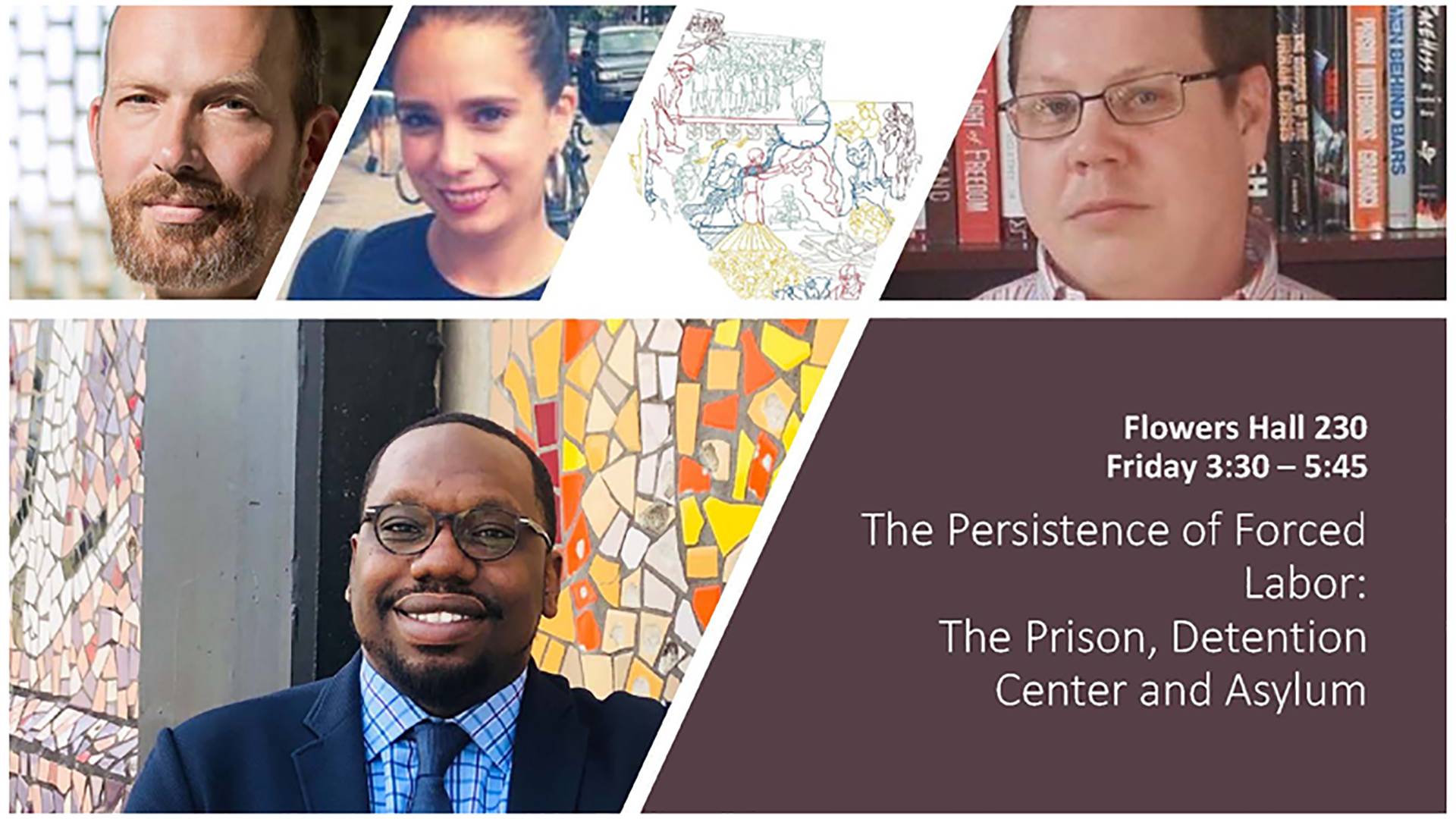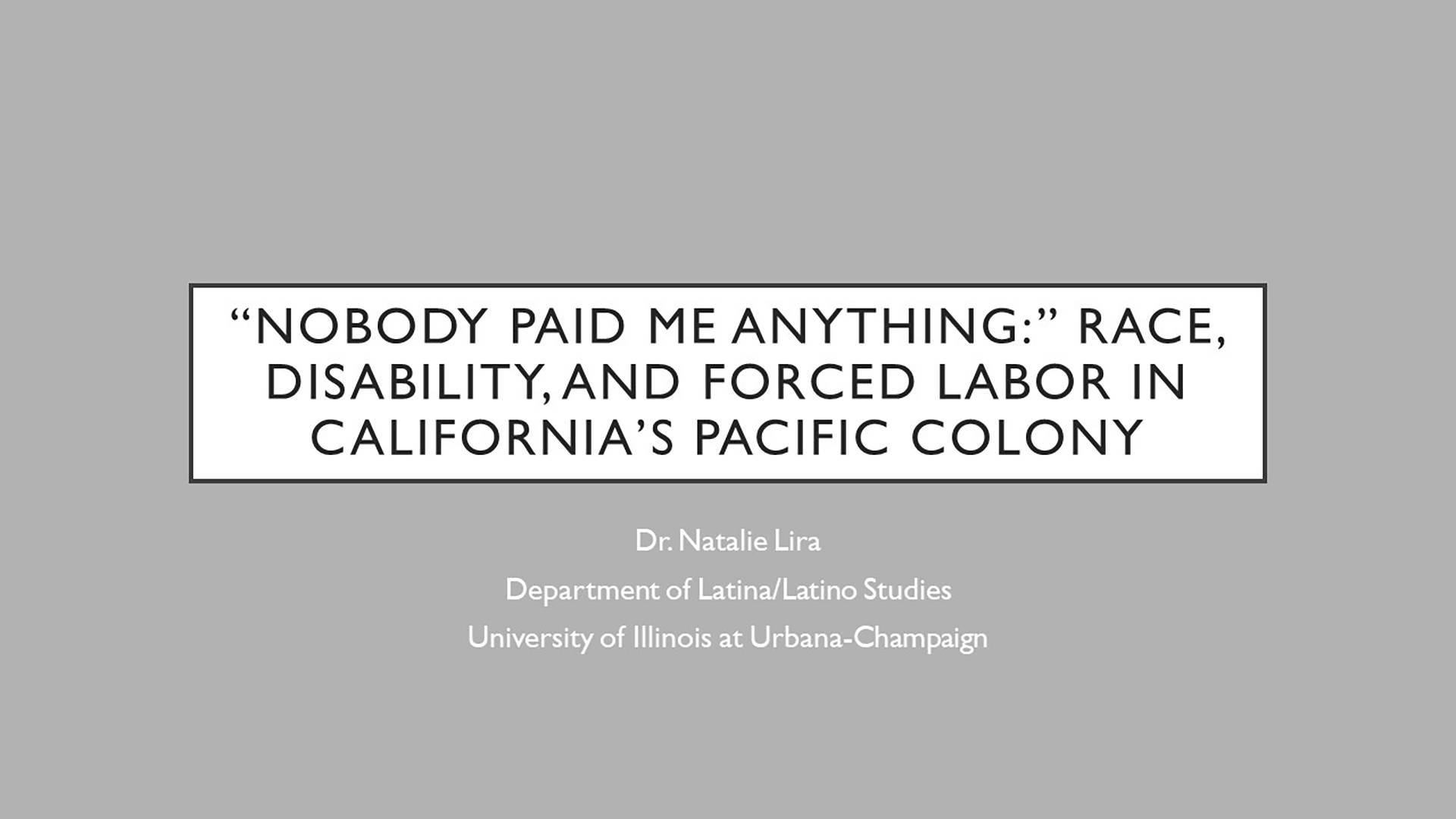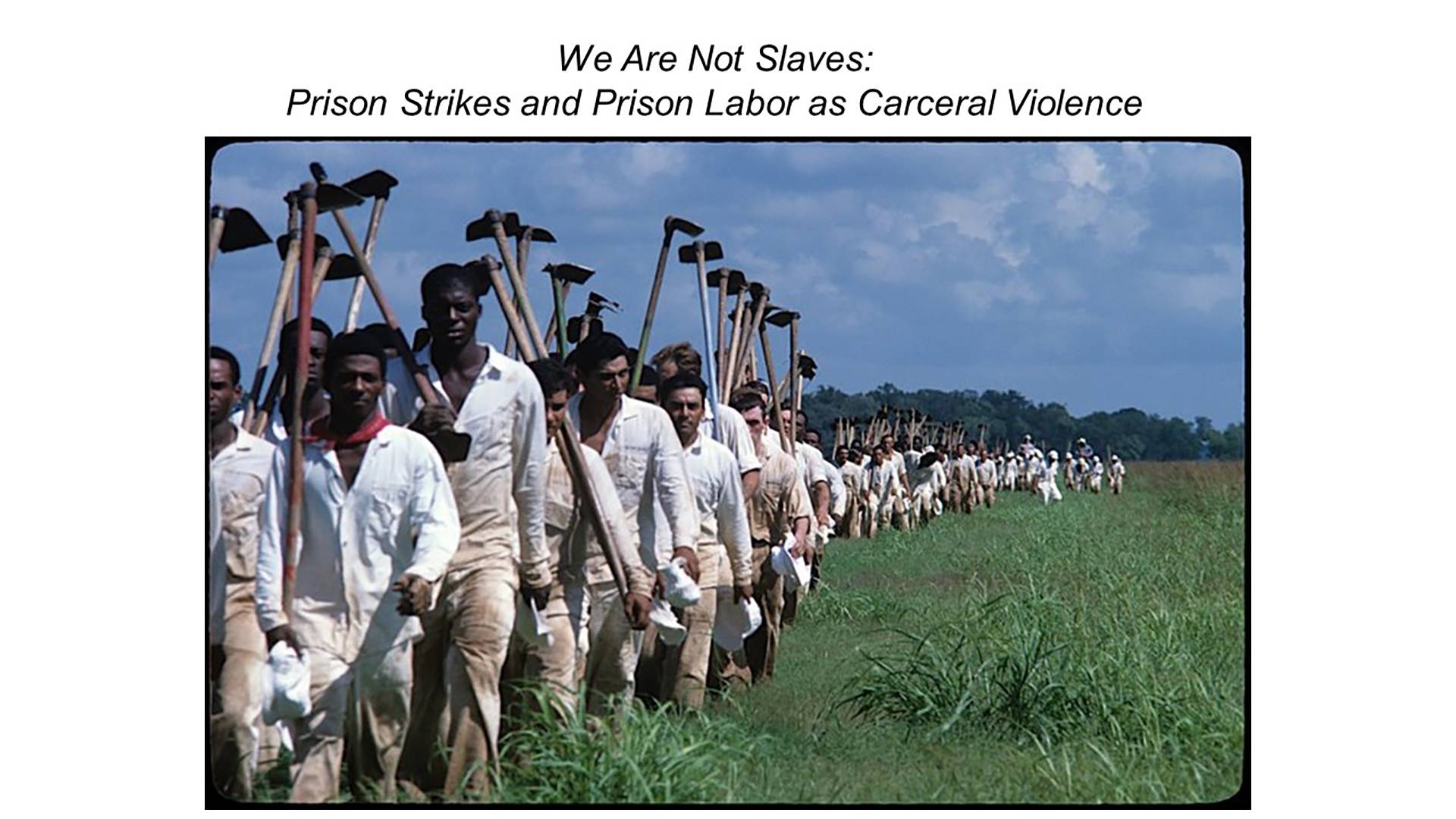Jermaine Thibodeaux | University of Texas at Austin & Cambridge School of Weston
Raising Cane, Razing Men:
A Gendered View of Life on Texas Sugar Prison Farms, 1884-1920
Jermaine Thibodeaux examines relationships among men in the prisons that provided labor to the sugar plantations that emerged in the Texas Gulf Coast in in the aftermath of Reconstruction. Thibodeaux examines biennial reports – against the grain – to track the daily rhythms of life and forced labor on plantations in Texas’ Sugar Bowl – an ultra-masculine world where no one talked about masculinity, a system that became the leading edge of state segregation in Texas.



